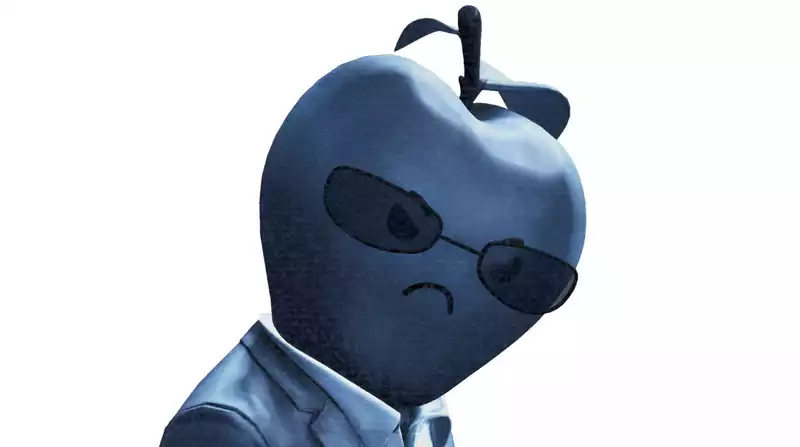At Monday's hearing on Epic's request for an injunction to stop the distribution of "Fortnite" to the iOS App Store, the judge assigned to the matter said that while the case between the two companies is ongoing, Apple would prefer that the case be tried before a jury. In documents filed the next day, Epic and Apple actually found common ground in one respect: they both wanted to keep the jury out of the case.
"At the September 28, 2020 hearing on Epic's motion for preliminary injunction, the court indicated that it 'did not want to hear two cases' and that it 'wanted to hear both cases at once' and whether either party would request a jury trial on September 29, 2020, PT at . to report back to the Court by 5:00 p.m. PT," the filing states.
"Epic and Apple have met and conferred, and the parties have agreed that Epic's claims and Apple's counterclaims should be tried by a court, not a jury. Accordingly, with Epic's consent, Apple withdraws its demand for a jury trial pursuant to Federal Rule of Civil Procedure 38(d). The parties respectfully request that this action (including the claims and counterclaims) be moved to public trial on a schedule to be determined by the Court.
The "two lawsuits" comment is a reminder that there are in fact two separate lawsuits: Epic's lawsuit against Apple over "exclusive practices" in the App Store, and Epic's counterclaim against Apple for breach of contract. Apple initially demanded a jury trial in that lawsuit.
A bench trial is one in which a judge, not a jury, hears and renders a decision. According to the American Bar Association, bench trials are actually more common in civil trials than jury trials, as you may have seen on television. In theory, judges should be better suited to follow complex legal arguments than juries.
A trial date has not yet been set, but the judge in the case said yesterday that it likely will not take place until July 2021.


Comments